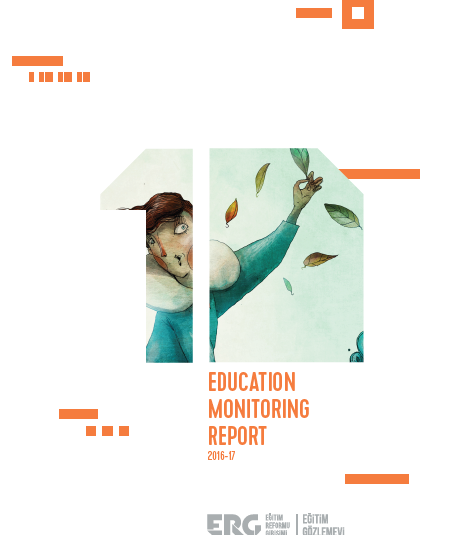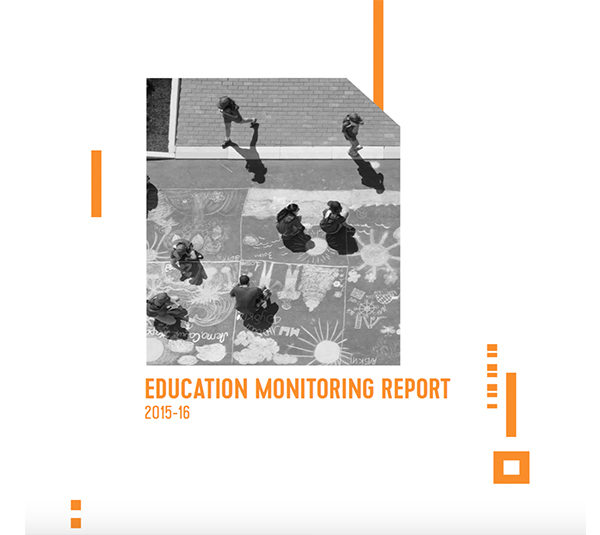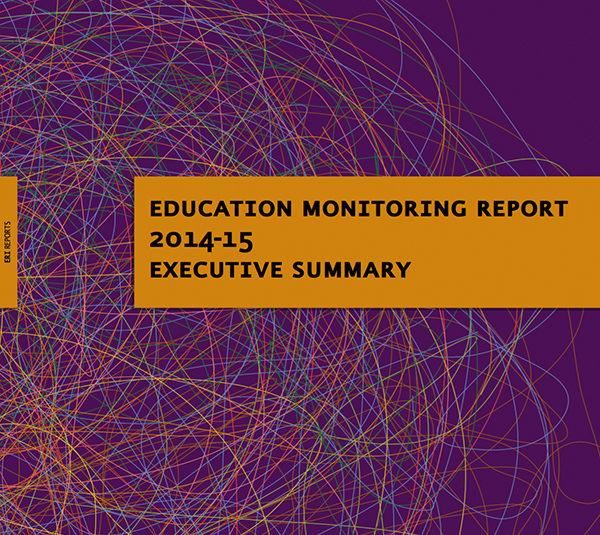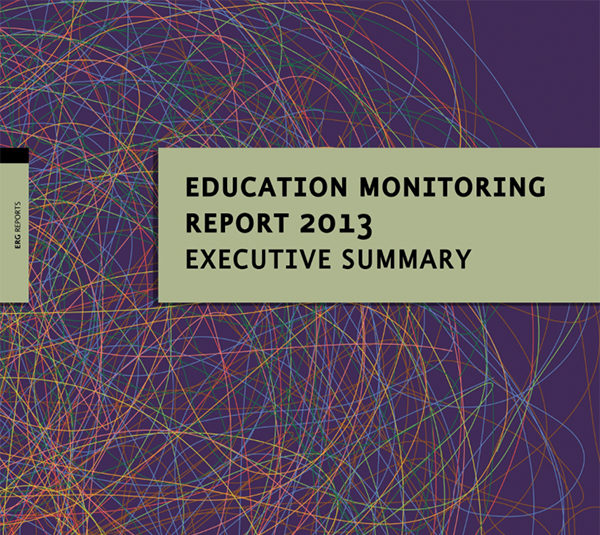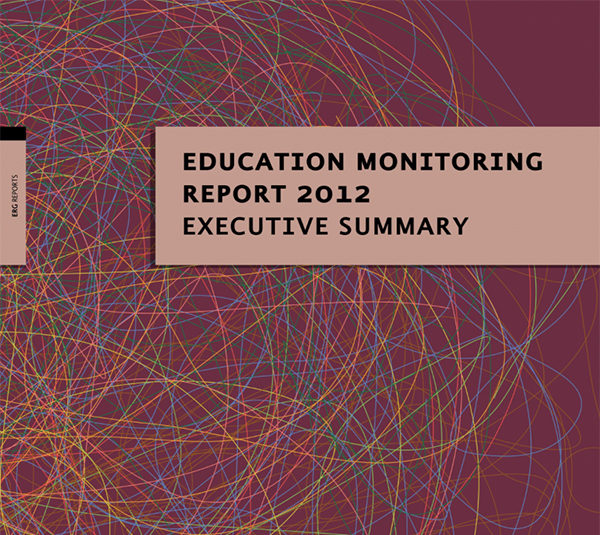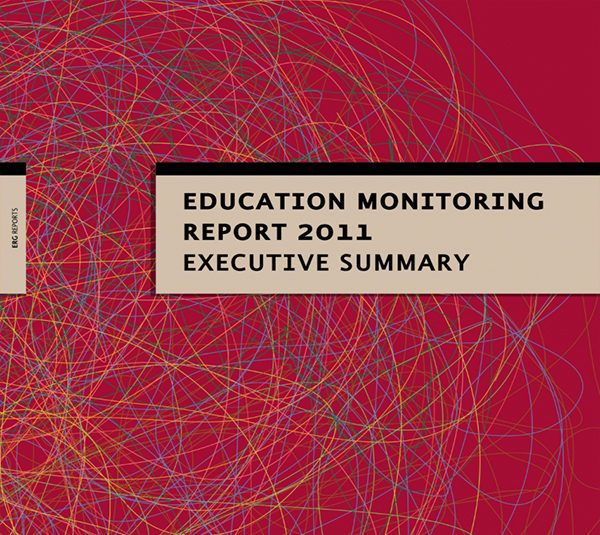Education Reform Initiative (ERG) continues to present a consistent, comprehensive, and critical evaluation of the education policies and their implementation through its annual Education Monitoring Reports. Education Monitoring Report 2012 is the sixth of these, and in accordance with previous reports, it evaluates the main developments in Turkey’s education system under four main components (students, teachers and learning processes, content of education, and learning environments), as well as in terms of governance and financing. Moreover, the chapter on educational outcomes, which was first introduced in the 2010 report, has been enriched with more analytical content.
The predominant topic of this year’s report is the possible impact of the regulations regarding Law No. 6287, the legislation commonly known as “4+4+4,” on education. Among other topics addressed in the report are financing of education; attendance in pre-school education; developments in special education; an analysis of teacher supply and demand; the FATİH (Movement to Enhance Opportunities and Improve Technology) Project whose implementation gained momentum in 2012; changes in weekly course schedules; curriculum and materials; and a review of the newly introduced elective courses. The report finally presents an analysis of Trends in International Mathematics and Science Study (TIMSS) results.
Education Monitoring Report 2012 is the outcome of various information gathering and sharing processes. As well as visits, observations and assessments conducted by ERG throughout the year; the data provided by MoNE and other institutions in the Journal of Announcements (Tebliğler Dergisi) have been examined within the context of the questions raised in the report. Additionally, three background reports have been prepared by experts from outside ERG: Prof. Sinan Olkun studied the curricula and course materials for the Mathematical Applications course; Mine Yıldırım evaluated the new elective religious courses in terms of human rights standards; Assoc. Prof. Tülin Güler and researcher Mefharet Veziroğlu examined the curricula and course materials in transition to primary education. Apart from these, a background report that addresses the state of education in Van after the 2011 earthquakes was penned by the organization Gündem: Çocuk! at the end of 2012.
